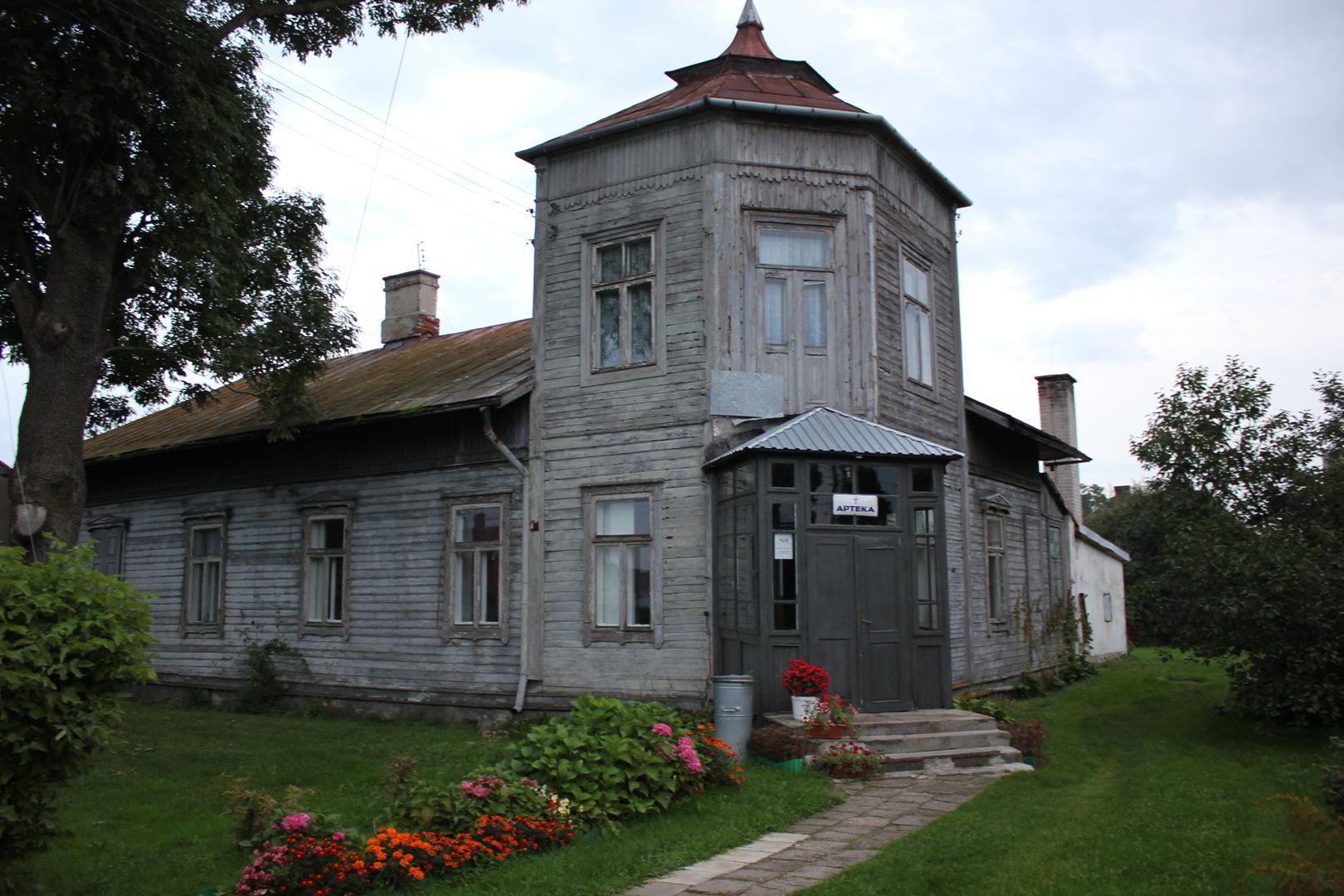Czyżew
6.65

Overview
Czyżew is a town in the Podlaskie Voivodeship, within the Wysokie Mazowieckie County, situated on the Brok River near the border with Masovia. The town, which received its city rights in 1738, was deprived of them in 1870 by the Tsarist administration. In 2011, after more than 140 years, Czyżew regained its town status, a significant event for its residents. Today, the town covers a much larger area than the historic Czyżew-Osada, incorporating the territories of neighboring villages.
The history of Czyżew dates back to the Middle Ages, with the name Cisow appearing in documents as early as 1187. Over the following centuries, the settlement became a center for noble families, and in the 16th century, it split into several small villages. In 1738, thanks to the initiative of the Godlewski family, Czyżew was granted town privileges, which were confirmed in 1775.
During the 19th century, the town developed due to the Warsaw-Saint Petersburg railway line and the establishment of institutions such as synagogues, schools, and courts. The tragic events of World War II, including the Holocaust, significantly impacted the demographics of Czyżew, where Jews constituted the majority of the population before the war.
An interesting fact is that until May 3, 2012, Czyżew was the only town in Poland without a coat of arms. Architecturally, the town features notable historic buildings, such as the neo-Renaissance parish church from 1874, a 19th-century synagogue, and the remains of a manor park.
Modern-day Czyżew is a town that cherishes its history and culture, evident through festivals, local events, and community activities. It is located along National Road 63 and has convenient rail connections. A unique aspect of local media is the active online portals that cover events and deeply engage the community in local life.
In recent years, Czyżew has experienced steady population growth, reflecting the improving quality of life and the town's growing appeal.
Location
Tertiary Administrative Division
Czyżew
Country
You can also find here:
2026 Wizytor | All Rights Reserved

